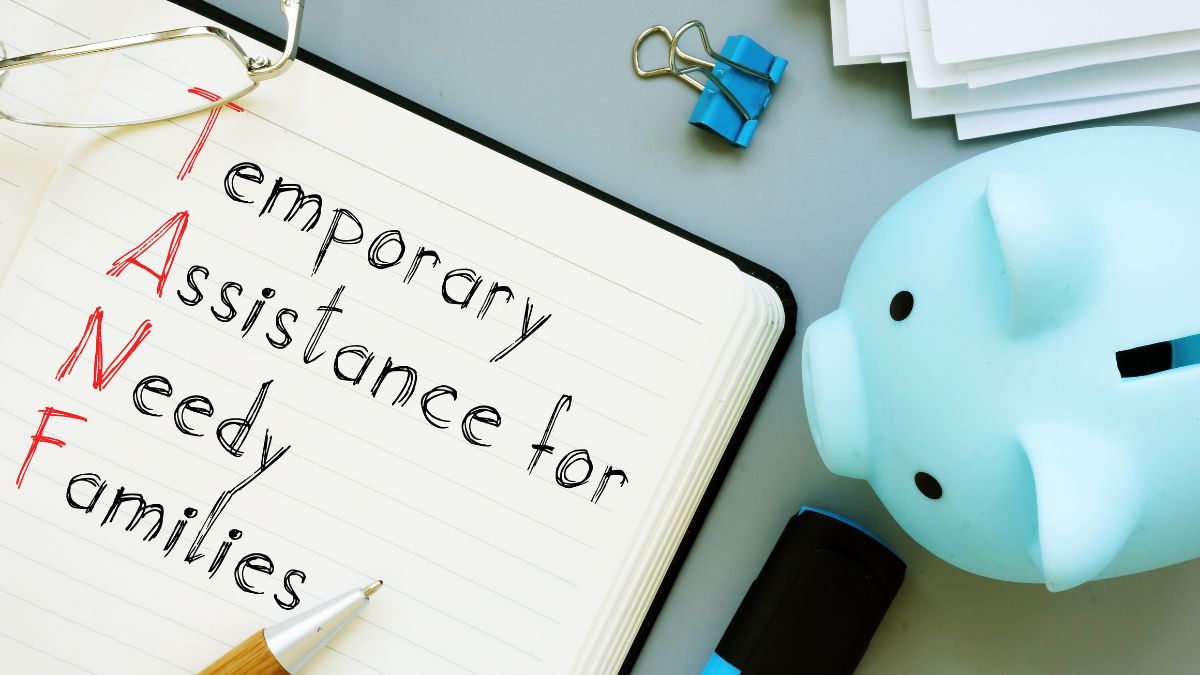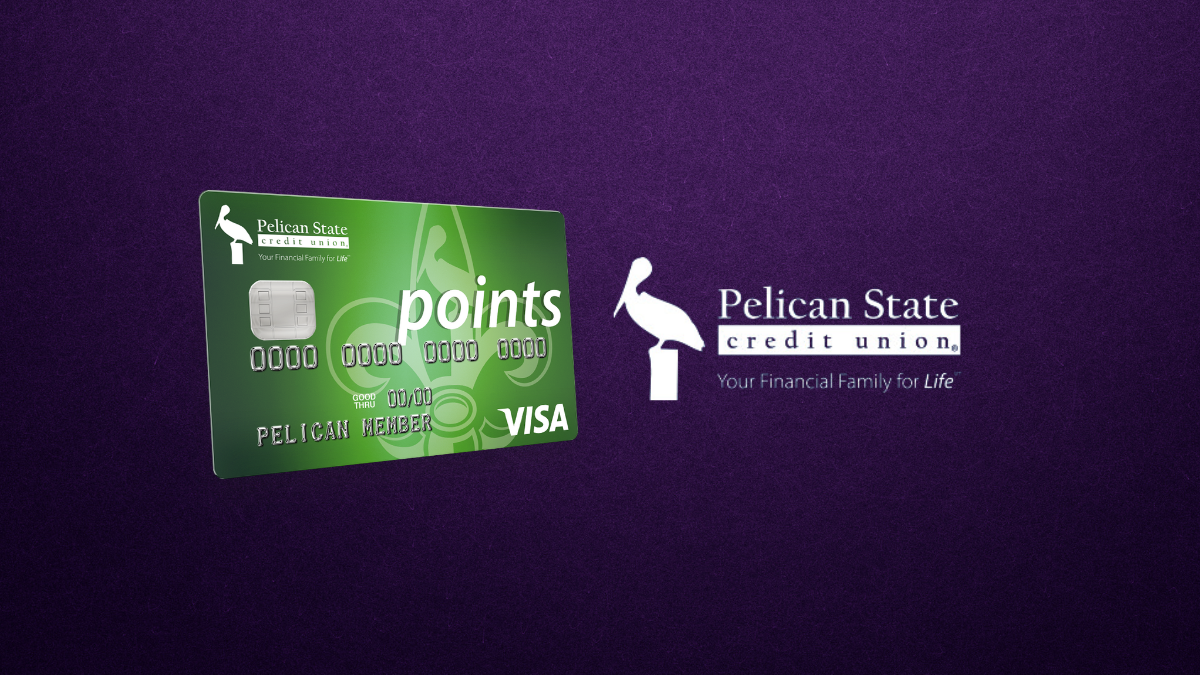Financial Education
An easy guide to combining finances as a couple
Ready to join forces with your spouse? Before doing that, here are some important things you should know. Learn how to combine finances as a couple.
Advertisement
Learn the right method to combine finances with your partner

To combine finances as a couple is a very delicate subject which requires couples to be open and honest to each other about their finances. Couples may combine all of their accounts, from investment accounts to simple checking accounts and credit cards. They may also not do that, and keep completely separate accounts or even share one or two accounts from which they pay their bills and save for an annual vacation. But both parties can benefit with the combining finances method.
Data collected and released by TD Ameritrade shows that 41% of divorced people born between the years of 1965 and 1980 say their marriage ended because of disagreements about money. Marriage does not exist without compromise. It is vital for the long-term success of any relationship that couples are able to work together towards common goals. Financial planning is essential for setting and achieving objectives.
That being said, there is no one-size-fits-all financial plan that works for all couples. Because of that, it can be a tricky process which requires patience and empathy. Without reaching common ground it is unlikely that a couple can make intelligent decisions when combining their finances.
To successfully manage your finances on a day-to-day or month-to-month basis you are going to need a set of shared priorities. Plus, a household budget and a spending plan. It is important that you keep these factors in mind. So, let’s expand on them for a bit and learn a bit more about how you can combine finances as a couple.
The shared priorities
You and your spouse must find common ground on what is really important to both of you. Is it to save money fast to retire early?To get to know different countries? Is it to save for a downpayment on a home? Come up with a list of joint priorities that both of you think are important. This list should guide the future financial decisions of both of you.
You will be redirected to another website
You’ll receive messages for less than 1 week, with a maximum of 1 message per day. You can unsubscribe anytime by replying STOP. By submitting this form, I confirm that I am 18+ years old and agree to the Privacy Policy and Terms and Conditions. I also provide my signature, giving express consent to receive informational messages via automated emails, SMS, MMS text messages, and other forms of communication. Message frequency may vary as part of our good-faith effort to respond to your inquiry. Message and data rates may apply. Text STOP to cancel. I understand that my consent to receive communications is not a condition of purchase and that I may revoke my consent at any time.
The household budget
Once you get married budgeting takes on a completely different form. You will be sharing a lot more than just dinner. So it’s important to know how much each of you will be bringing in and how much both of you will be spending together. That way you will know what kind of combination makes more sense to you as a couple. More on that later.
The spending plan
Even though it may seem that the spending plan is contained in the household budget, the spending plan is about how you make the spending fit the budget. Where will you be shopping for groceries? How many times a month are you going there? What kind of products are you buying? These details are important to avoid misunderstandings.
Once you have laid down the groundwork, it is time to look at a few practical ways for couples to combine their finances.
Combining finances after marriage or moving together: our method step by step

Now it is time to execute the plan and start to combine finances as a couple. So what kind of combinations can you make? Although you could get much more specific about this, there are basically three forms for couples to combine their finances. There is the Proportional Method, the Raw Contribution Method and the Complete Combine Method.
Let’s talk about each one of these in a little bit more depth.
Proportional
When in a couple one person makes $2,000 a month and the other makes $4,000, the couple may prefer to denominate their savings contribution in percentages rather than dollars. That is because if each one of them contributes $1,000, the first person is contributing 50% of their income, while the second is contributing 25%.
One way couples can solve that is by contributing each the same percentage instead of the same dollars. If both contribute 30%, this could feel a lot more fair, although there are many ways you can come to an agreement on how much each is going to contribute. The advantage of a proportional combination is that neither of the individuals feels the pressure to keep up with the earnings of the other.
However, the side earning less could feel subsidized, and the side earning more may feel like he is contributing more than he should. This could turn into resentment, so you must both keep the conversation open. It is not wrong to adopt a different plan mid-way when the one you are playing by is not working.
Raw Contribution
This is a much more aggressive strategy because it does not care whether one party makes more than the other. However, it could work for couples with aggressive savings strategies. Of course, there must be room for accommodation.
One of the partners (the one with lower earnings) may need to take a course and not have enough money to pay for it. The partner with the higher earnings must be willing to help, if not paying for the whole course, at least splitting the bill. This is what teamwork looks like.
What is clear in this kind of combination of finances is that the partner with the higher earnings has the upper hand, and therefore should take this as an extra responsibility. He or she may be required to jump in and pay a little extra here and there to help the other partner when push comes to shove.
Complete Combine
This is a full merger of both parties’ funds. Couples share all bank accounts, debit and credit cards, retirement and investment accounts. This also means all bills are paid from the same account. In an honest relationship this could work perfectly well, but if one of the partners tends to be a spender while the other person tends to be frugal, there could be a lot of conflict.
Couples with this kind of financial undertaking must have priorities clearly stated between them. Not only that. That which hasn’t been clearly stated shouldn’t be exploited to gain some sort of advantage. This requires a high level of commitment to the truth from both parties. Know yourself, know your partner, show yourself to your partner and ask the same from them. Truth shall keep you free from financial troubles.
Now that you know how to combine finances as a couple, check the link below and learn what’s a cash management account to help you with your money!

What's a cash management account
Here is an excellent way to organize and manage your money with a single account.
Trending Topics

Temporary Assistance for Needy Families (TANF): get the help you need
Do you know what Temporary Assistance for Needy Families (TANF) is? It is a social program that lifts families out of poverty. Read on!
Keep Reading
Maximize Rewards with Every Swipe: Pelican Points Visa Review
Looking for a reliable rewards credit card? Discover what the Pelican Points Visa has to offer in our review. Enjoy a special bonus offer!
Keep Reading
Milestone® Mastercard® Review: Easy Pre-Qualification
Looking for a credit card to help rebuild your credit? Read our Milestone® Mastercard® review to learn how to get back on track.
Keep ReadingYou may also like

HSBC Premier Checking Account review: read before applying
The HSBC Premier Checking Account offers many features and benefits. Read this review to see if it's your best checking account.
Keep Reading
What is tax deduction and how does it work?
Discover the basics of how does tax deduction work. Also, learn the types of deductions available, and how to use them in your favor. Read on!
Keep Reading
Wayfair Credit Card full review
Are you looking for a Wayfair Credit Card review? Look no further! Learn what this card offer, including cash back and no annual fee.
Keep Reading